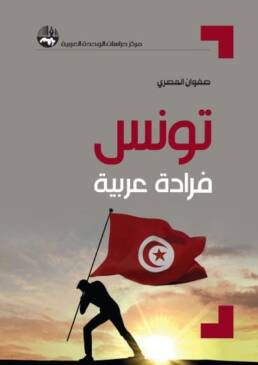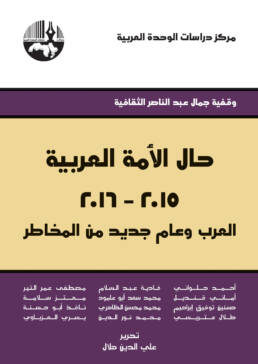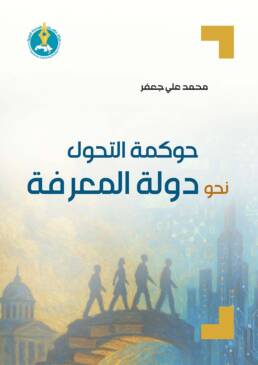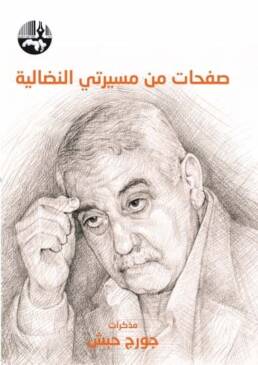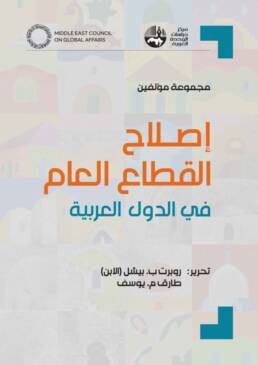Identity and Citizenship: The Ambiguous Alternatives and the Hampered Modernization
Price range: 6 $ through 12 $
Price range: 6 $ through 10 $
AuthorAbdel Hussain ShabanDate27/2/2020No. of Pages208EditionsecondISBN9789953829005E-ISBN9786144981818
| Weight | 0,325 kg |
|---|---|
| Dimensions | 24 × 17 cm |
| Product Type | Electronic, Paper |
The Center for Arab Unity Studies published the second edition of the book “Identity and Citizenship: Ambiguous Alternatives and faltering Modernity” by Dr. Abdul Hussein Shaaban.
Questions of identity and citizenship occupy much of contemporary debates in cultural studies, political science, law and social affairs, especially in light of the developments that have been taking place for more than a quarter of a century with regards to the multitudes variety of communities and identities, and the exacerbation of international and regional interests.
The collapse of totalitarian regimes, especially in Eastern Europe, had a major impact in fueling conflict amongst subnational communities. It generated conflicts and strife amongst numerous social and ethnic groups which resulted in the recognition of pluralism, cultural, national and religious diversity, and the respect for the right of self-determination to become a global issue. Likewise, due to its failure to achieve democracy, justice and equality, the Arab region was exposed to inner ruptures and fragmentation, which resulted in the rise of sub-identities within it.
This book investigates the intellectual, political and social issues related to identity and citizenship, and examines the causes and consequences of faltering modernity in the Arab world. It does so by evaluating concepts, slogans and the missions of parties, the means of reaching their mission goals, and approaching them from a human rights perspective within the framework of the development of constitutional jurisprudence, depending on local Arab experiences and other experiences at an international level.
Add a review
You must be logged in to post a review.
You May Also Like
Tunisia: An Arab Anomaly
Price range: 9 $ through 14 $
Hakimiyya Dilemma: Jihadists Mistakes in Understanding Ibn Taymiyyah
Price range: 11 $ through 18 $
Sudan-China Relations, 1956-2011
Price range: 13 $ through 21 $
The State of the Arab Nation, 2015-2016: The Arabs and a New Year of Dangers
Price range: 8 $ through 13 $
Governance of the Transition towards a Knowledge State
Price range: 10 $ through 10 $
Pages of my struggle: Memoirs of George Habash
Price range: 10 $ through 16 $
Public Sector Reform in the Middle East and North Africa: Lessons of Experience for a Region in Transition
Price range: 10 $ through 13 $


